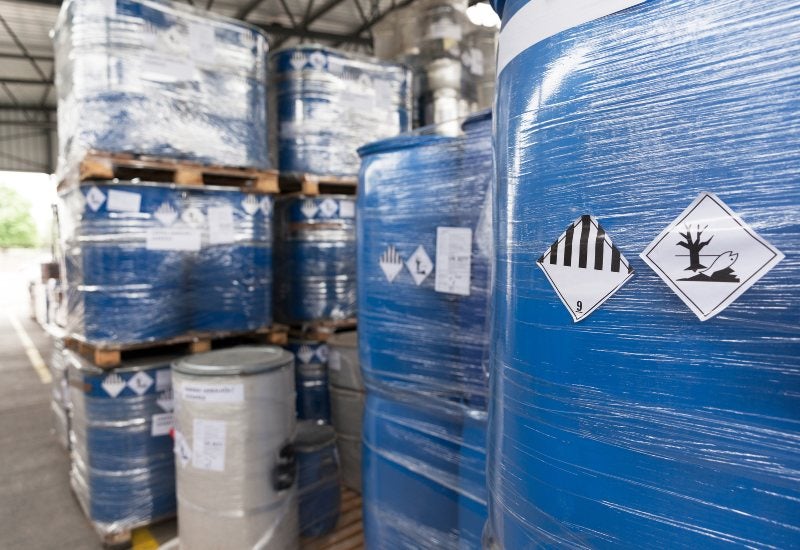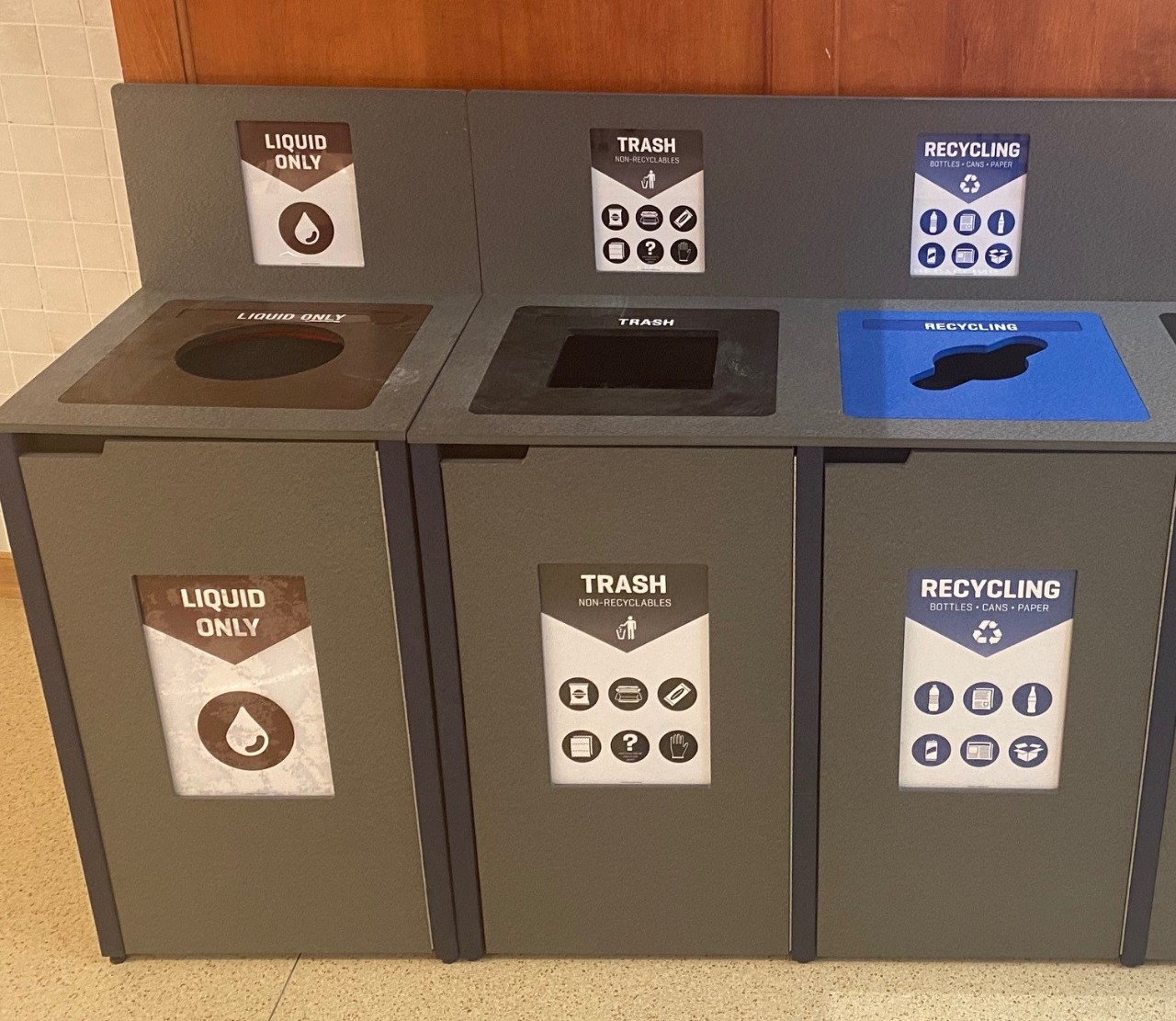Professional Liquid Waste Removal Melbourne: Maintaining Your Atmosphere Tidy
Professional Liquid Waste Removal Melbourne: Maintaining Your Atmosphere Tidy
Blog Article
Understanding the Comprehensive Refine of Fluid Waste Disposal: Ideal Practices and Environmental Effect Considerations
The monitoring of fluid waste disposal is a diverse concern that needs a comprehensive understanding of numerous ideal techniques and their linked ecological impacts. From the kinds of liquid waste created to the techniques used for collection, therapy, and final disposal, each step plays a vital role in guarding communities and public health and wellness.
Kinds Of Fluid Waste
Understanding the different kinds of fluid waste is necessary for efficient monitoring and disposal techniques. Liquid waste can be extensively classified right into several kinds, each needing distinct handling and therapy techniques.
Industrial liquid waste often has dangerous products, including hefty metals, solvents, and chemicals, produced during producing processes. These wastes demand rigorous regulatory conformity to secure human health and the atmosphere. Residential fluid waste mostly describes wastewater generated from houses, including sewer and greywater, which, although less poisonous, can still pose significant dangers if incorrectly managed.
Agricultural fluid waste, consisting of overflow from farms, usually consists of plant foods and pesticides that can bring about environmental deterioration if not treated effectively. Medical fluid waste, produced from healthcare facilities, consists of infected fluids such as bodily fluids and chemicals, requiring specialized disposal techniques to avoid infection and environmental contamination.
Finally, oil and oil waste, generally produced by restaurants and automotive industries, can trigger severe obstructions in drain systems if not managed properly. Comprehending these classifications promotes targeted approaches for therapy, compliance with regulations, and efficient disposal methods, inevitably advertising ecological sustainability and public health safety.

Collection Techniques
Effective collection techniques are vital for the appropriate administration of liquid waste, making sure that it is collected safely and effectively before treatment or disposal. Different strategies are used relying on the kind of liquid waste created, the quantity, and the certain attributes of the waste.
One usual technique is making use of committed collection containers or sumps, which are created to record fluid waste at the resource. These systems often include pumps that assist in the transfer of waste to bigger storage containers or treatment centers. Additionally, mobile collection devices geared up with vacuum cleaner innovation are utilized in circumstances where waste is created intermittently or in hard-to-reach places.
For commercial setups, closed-loop systems can efficiently decrease spills and leaks, enabling the recuperation and reuse of fluid waste. It is likewise important to train personnel on proper collection procedures to mitigate threats connected with hazardous substances.
Furthermore, carrying out regular upkeep routines for collection tools ensures optimal performance and security. The assimilation of innovative tracking systems can enhance collection efficiency by offering real-time data on waste degrees and prospective hazards. In general, efficient collection techniques are foundational to lasting liquid waste management methods.
Therapy Procedures
Therapy processes play a vital role in the management of fluid waste, transforming possibly dangerous products right into multiple-use sources or safe effluents - liquid waste disposal. These processes can be generally categorized right into physical, chemical, and organic methods, each tailored to address certain pollutants existing in the waste stream
Physical treatment methods, such as sedimentation and filtering, job by eliminating check this suspended solids and particle matter. These methods are typically the first action in the therapy chain, successfully minimizing the load on succeeding processes. Chemical therapies entail the use of reagents to neutralize damaging materials, speed up heavy steels, or oxidize organic contaminants, therefore enhancing the safety and security of the effluent.
Biological treatment procedures, consisting of turned on sludge systems and anaerobic digestion, take advantage of the natural capabilities of microorganisms to deteriorate raw material. These techniques are particularly effective for wastewater containing naturally degradable contaminants. Advanced therapy technologies, such as membrane layer filtration and advanced oxidation processes, are progressively utilized to attain higher degrees of purification.
Including a mix of these treatment methods not just guarantees compliance with regulative standards however likewise advertises environmental sustainability by recouping beneficial resources from liquid waste.
Disposal Options
Just how can companies ensure the risk-free and responsible disposal of liquid waste? Reliable disposal options are vital for guarding public health and the environment. The main techniques consist of land incineration, therapy, and disposal complied with by discharge right into local wastewater systems.
Land disposal includes the cautious containment of fluid waste in assigned land fills, making sure that it does not leach right into surrounding soil or water. Incineration, on the other see this page hand, topics liquid waste to heats, transforming it right into ash and gases, which need correct purification to decrease discharges. This technique appropriates for contaminateds materials that can not be treated via standard means.
In instances where liquid waste can be treated, organizations may select organic or chemical treatment processes to reduce the effects of harmful elements before releasing the treated effluent right into metropolitan systems. This path typically straightens with governing requirements, making certain that the effluent meets security criteria.
Ultimately, organizations have to perform detailed analyses of each disposal choice to determine its stability, taking into consideration variables such as waste make-up, regulatory conformity, and prospective risks to wellness and the atmosphere. By choosing appropriate disposal approaches, services can add to a liable waste administration strategy.
Ecological Influence
The environmental effect of fluid waste disposal is a critical factor to consider for companies looking for to reduce their environmental footprint. Additionally, the discharge of neglected or improperly treated waste into surface waters can result in eutrophication, leading to oxygen depletion and the succeeding death of fish and other microorganisms.

To mitigate these influences, companies have to embrace finest practices such as carrying out rigorous waste therapy processes, promoting recycling and reuse, and adhering to regulative criteria. By taking a positive strategy to fluid waste monitoring, entities can dramatically reduce their ecological impact while supporting lasting advancement objectives. Inevitably, an extensive understanding of the environmental influences related to fluid garbage disposal is essential for educated decision-making and liable stewardship of natural deposits.
Conclusion
Effective administration of fluid waste is important for protecting environmental stability and public health. By taking on finest methods in collection, disposal, and treatment, together with adherence to regulative requirements, the capacity for hazardous contamination of ecological communities can be significantly decreased. Constant developments in technology and processes add to lasting waste administration efforts. Inevitably, a thorough understanding of fluid waste disposal not just mitigates environmental Full Article influences however additionally cultivates a commitment to responsible resource monitoring and ecological stewardship.
The management of liquid waste disposal is a diverse issue that requires a detailed understanding of numerous finest practices and their associated ecological impacts. From the types of liquid waste produced to the methods used for collection, treatment, and last disposal, each step plays a vital function in safeguarding communities and public health and wellness.The ecological influence of liquid waste disposal is a crucial factor to consider for companies seeking to lessen their ecological footprint. Eventually, a comprehensive understanding of the environmental effects connected with fluid waste disposal is essential for notified decision-making and accountable stewardship of natural sources.
Eventually, a thorough understanding of liquid waste disposal not just minimizes ecological influences yet additionally fosters a commitment to accountable source administration and environmental stewardship.
Report this page